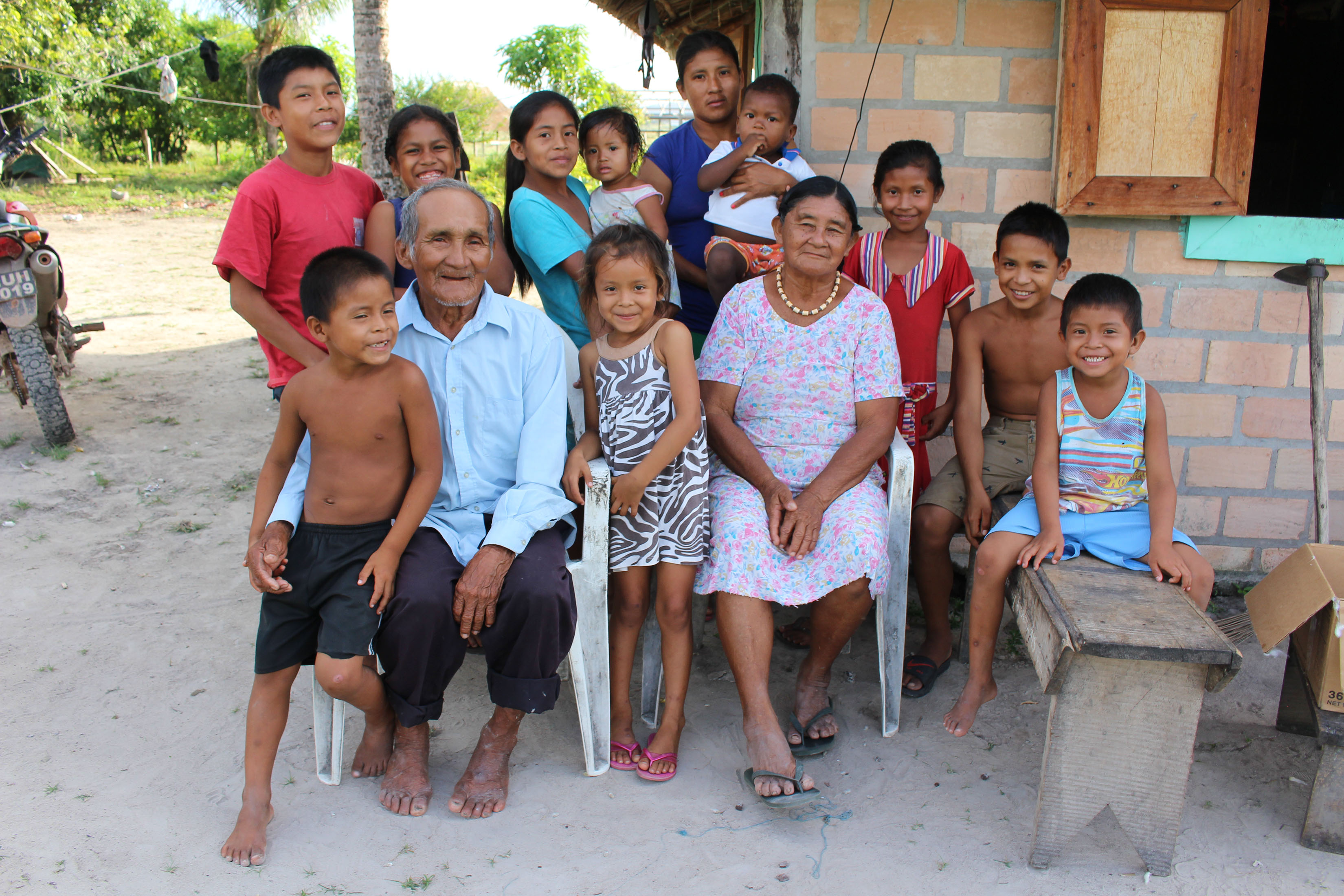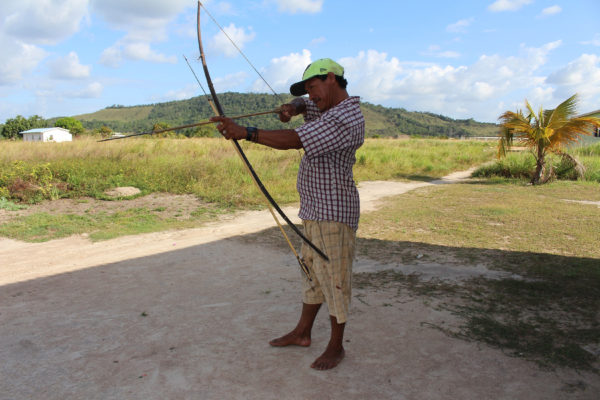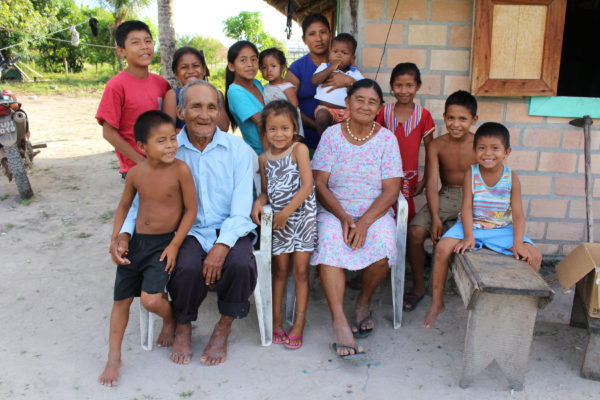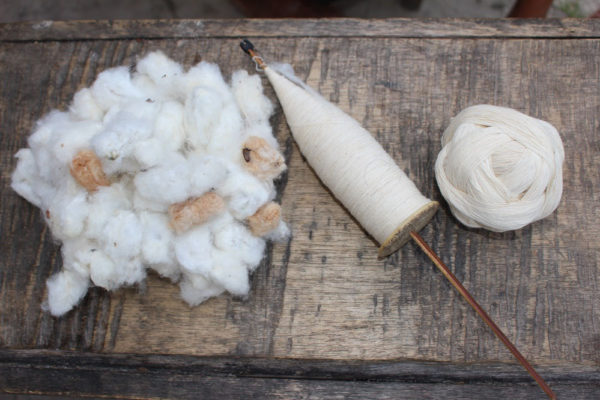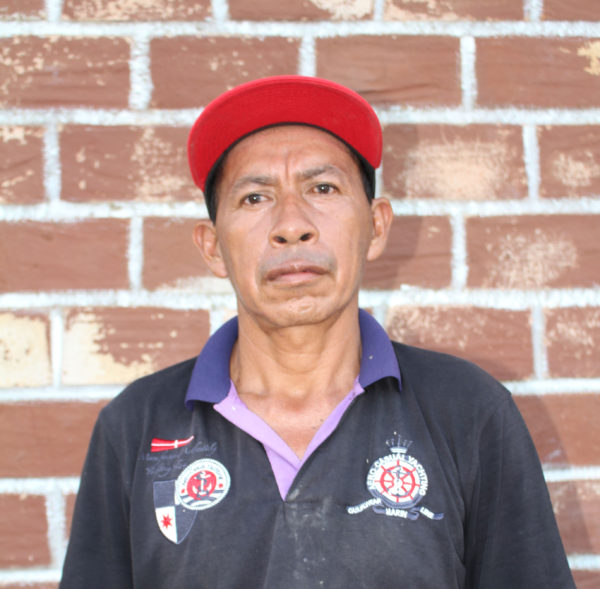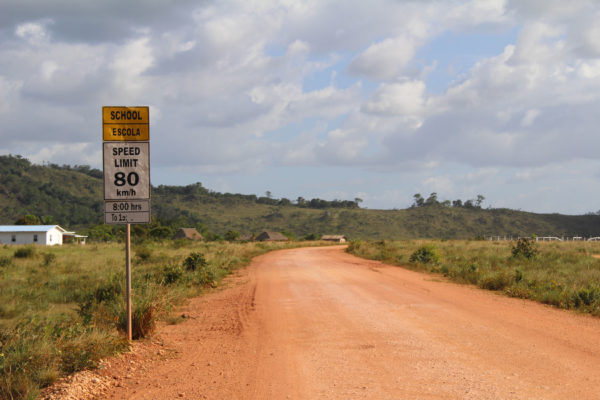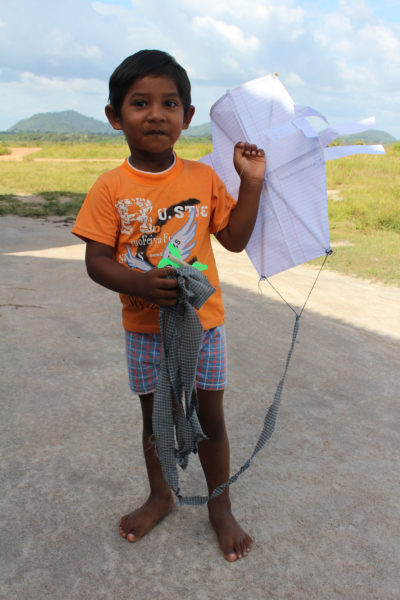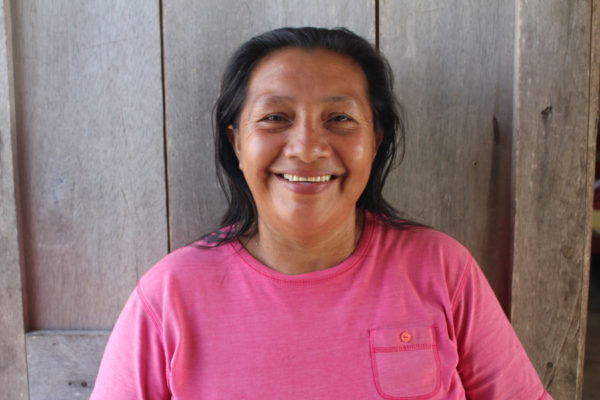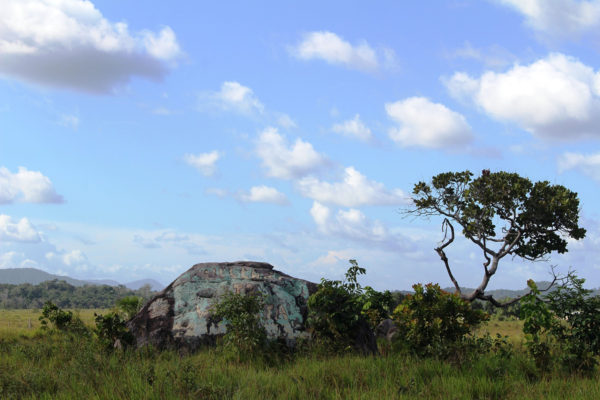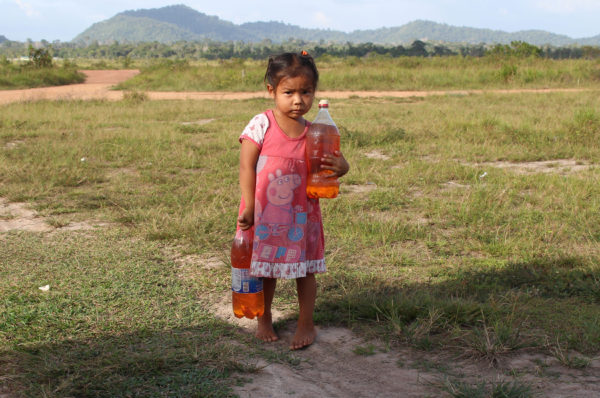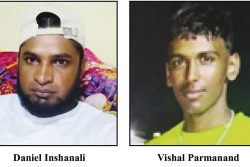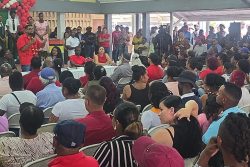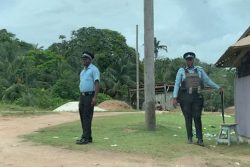Wowetta in the North Rupununi is one of the five satellite villages of Annai and is home to approximately 400 people of 78 households predominantly of the Macushi and Wapishiana tribes.
After 15 hours of travelling from the city (if you could call 16 people rammed into a 12-seater minibus travelling) through some of the worst road conditions, I arrived at Annai Central.
The following day, I headed across to the Annai Police Station, where I was told I could seek some assistance in borrowing a bicycle as transportation was a rarity. An hour later, the policeman who had gone “right down so” returned with said bicycle and I decided to find out about Wowetta. According to him, the village was not “right down so” but a good distance away. Wowetta turned out to be situated five miles away from Annai Central.
Almost two hours later, I rode into Wowetta sweaty, red dust coating my face and hands, with an empty water bottle to begin my quest.
Wowetta was first called Awaida, a Macushi word meaning ‘soft people’. The first set of people to have lived there, sometime in the 1800s was totally wiped out by an unknown illness. According to Senior Councillor Marcus Moses, he was told by his late father that they died after a period of vomiting and diarrhoea.
Moses said the current village began sometime around the 1930s with 12 households in the forest. He lived there and remembers having to walk out to school. Sometime in the 1990s, he said, the village moved back to the savannahs.
Moses’s family, the Domingos and the Edwardses are the three families who remain from among those who made the move from the forest to the savannahs.
The Toshao resides in Annai Central and visits the five satellite villages from time to time. In his absence each satellite village has a senior councillor who takes on leadership duties. Moses said this involves finding jobs for his people, giving advice and keeping the peace; the last being not so challenging except for having to deal with people who are politically inclined thus leading to segregation.
Wowetta is an Amerindian settlement which means only indigenous people can live there. If someone from one of the nine tribes wishes to live there, he or she has to speak with the Toshao. But should he or she be non-Amerindian, permission must be sought from the Toshao and his council, who would consider the person’s background and whether he or she would be a threat to the village. After that, the person must gain acceptance of the people living in the village.
Another way of becoming a villager is through marriage. However, once accepted, the person can move right in without having to purchase or lease a plot of land. “We don’t buy land in this place; Amerindians don’t buy land. This is an open space [designated] for Amerindians,” Moses said.
The people of Wowetta farm, hunt and catch fish, very few have kitchen gardens. Their diet consists mainly of what they hunt or grow – like wild meat, fish, cassava, sweet potato and plantain.
Moses added that of the children living there, 20 attend Wowetta Nursery School, 90 are at Wowetta Primary and 40 travel to Bina Hill in Kwatamang where they attend either Annai Secondary or the Bina Hill Institute.
The village has eight teachers who teach at its two schools and a few health workers who work at the Wowetta Health Post. Persons also visit the Annai Health Centre or Lethem Hospital. Mothers usually have their babies at Lethem Hospital or they would travel to the Boa Vista Hospital in Brazil.
Life, Moses said, has changed drastically from when he was a little boy. “When I was young, like 15/16, this road, all these vehicles that passing here, I didn’t see that. We moved about on foot or horseback. People used to walk to Lethem, like five/six days before they reach…. Long ago we had more fertile land and the creeks had more fishes. Then they didn’t have shops like now either. Now some people buy fish and other meat from the shops.”
The young men, he said, are logging in the forests or working in the gold mines, other businesses in Lethem or on ranches in Brazil. Some, too, have begun contemplating getting loans and opening their own businesses. This, he said, was good and he finds it refreshing to see the young men of his village open to new challenges. Moses’s three-year term will be up come next year May and he is hoping that one of the young men rises to the challenge of becoming the next senior councillor instead of leaving the position to the older men. He believes the youngsters are capable and will take Wowetta to another level where technology will be intact.
Last year from January to May the village suffered a drought. Its people obtain water from hand-dug wells and whenever there is none they head to a 79 ft Brazilian-drilled well in the village. Before that well was drilled, as of last year, persons journeyed through the savannahs on foot to one of the surrounding mountains where there is a spring some three hundred metres up.
Plans are ongoing, Moses said, to have pipes running from the spring to the bottom of the mountain. However they are waiting for officials to check out the site, which was scheduled to be done already. He remains hopeful that they arrive before yearend. He said that just the day before our interview he had met officials for talks on having Guyana Water Inc run pipelines from the drilled well to public buildings.
Forty-seven-year-old Macushi Velma Domingo was born and raised in Wowetta and has never visited Georgetown. She has been to Brazil once, but sticks to visiting her farm, church or Lethem.
She spoke of how they obtain water. “We have a hand-dug well and during the dry season, my husband has to dig it deeper. He went down with a rope and a shovel and he alone dig it and me, the poor old lady, fetching the mud in a bucket, pulling it up by a rope so I does tired. Only me alone does help me husband. I does only use the well water. I never use the rain water; I does scorn it because sometimes them birds and bats on the roof. Only well is the better.”
There is no electricity, she said, so persons use lamps or generators. She pointed out two little lamps she has that are powered by small solar panels which her daughter received at school.
The mountains, she said, are alive with howler monkeys and home to the jaguars which sometimes stealthily creep down at night and make off with villagers’ dogs. According to Domingo, she has spotted a few when she’s at her farm in the forest, but they usually run away scared.
Whenever Domingo and her husband go hunting, they take their dogs, which, she boasted, are experts in catching agouti, labba, deer, turtle and powis. With these meats, she makes tuma pot, which is eaten with farine.
Domingo is one of 45 members (of the Women’s Group) of the Cassava Factory. However, only ten of the members she can give account for working at the factory. At present, she said, they are awaiting the opening of their new Cassava Factory, after the previous one was pulled down. The factory will be up and running once equipment arrives from Brazil and will benefit persons in the village and outside who want to sell their cassava which will be processed into cassava bread, cassareep and farine and sold in the village, in Lethem, Georgetown and other areas as well as Brazil.
Domingo’s husband, Clifford, arrived from the farm and offered to take me on his motorcycle to the Cassareep Factory almost at the end of the village.
Once there, I found the Xavier family seated outside their home, one lot away from the factory. The family is Wapishiana. Eighty-one-year-old Christian Xavier, the patriarch, is originally from Sawarie, a village in the South Rupununi.
When he was 63 years old, he journeyed to Wowetta to help his son on his farm, and stayed. He still farms today, leaving every morning at six o’clock and returning at lunch before heading out again at two then coming back at 4.30 pm. The farm is situated a mile and a half away and he considers himself lucky to be living so close.
“I like living in Wowetta for farming,” his wife, Margaret said.
She sat nearby taking pieces of cotton from a cardboard box and picking off bits of dried seeds. From this, she said, she will hand-spin the cotton then weave hammocks.
The Xavier grandchildren, save for one, attend schools in the village. One boy attends Bina Hill Institute, he cycles 45 minutes each way five days a week.
Margaret also had a jaguar story. One of her daughters who lives nearby was awakened by sounds last year and got up to see a jaguar dash through an open window of her house. They believe the animal was after their dog, which was inside with them.
This ended the day’s quest and after being taken back to spot by Clifford Domingo, I mounted my borrowed bike and began the long ride back to Annai.
